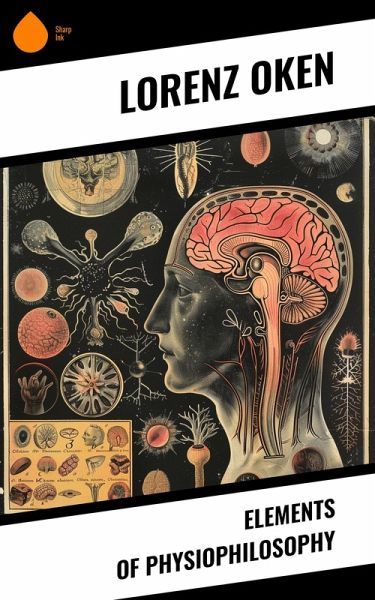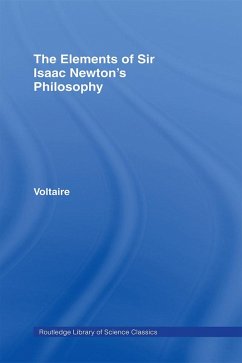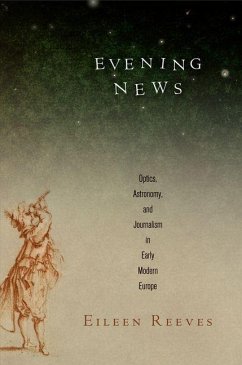
Elements of Physiophilosophy (eBook, ePUB)
Versandkostenfrei!
Sofort per Download lieferbar
2,13 €
inkl. MwSt.
Weitere Ausgaben:

PAYBACK Punkte
0 °P sammeln!
In "Elements of Physiophilosophy," Lorenz Oken embarks on a profound exploration of the interconnectedness of science and philosophy through the lens of nature's fundamental elements. This seminal work is characterized by its innovative synthesis of scientific observations with philosophical inquiry, offering readers a rich tapestry of ideas that challenge conventional thought. Oken's literary style is marked by a poetic elegance, which serves to elevate the discourse surrounding natural phenomena, demonstrating how life and consciousness are rooted in the physical world. Contextually, Oken's ...
In "Elements of Physiophilosophy," Lorenz Oken embarks on a profound exploration of the interconnectedness of science and philosophy through the lens of nature's fundamental elements. This seminal work is characterized by its innovative synthesis of scientific observations with philosophical inquiry, offering readers a rich tapestry of ideas that challenge conventional thought. Oken's literary style is marked by a poetic elegance, which serves to elevate the discourse surrounding natural phenomena, demonstrating how life and consciousness are rooted in the physical world. Contextually, Oken's work emerges amid the scientific advancements of the early 19th century, aligning with the Romantic ethos that sought to reconcile nature's mysteries with human understanding. Lorenz Oken, a prominent figure in German idealism, was deeply influenced by the philosophical currents of his time, particularly the ideas of Kant and Schelling. His background in medicine and natural history combined with a fervent interest in the metaphysical aspects of life propelled him to address the philosophical implications of scientific discovery. Oken's desire to unlock the secrets of life and his holistic approach reflect a significant philosophical departure from reductionist views, effectively establishing him as a precursor to modern bio-philosophy. "Elements of Physiophilosophy" is recommended for anyone seeking to deepen their understanding of the interplay between philosophy and the sciences. Students and scholars alike will find in Oken's work not only intellectual rigor but also an invitation to contemplate the very fabric of existence. This book serves as a pivotal resource for those interested in the evolution of thought concerning nature, life, and the universe.
Dieser Download kann aus rechtlichen Gründen nur mit Rechnungsadresse in A, B, BG, CY, CZ, D, DK, EW, E, FIN, F, GR, HR, H, IRL, I, LT, L, LR, M, NL, PL, P, R, S, SLO, SK ausgeliefert werden.













